Fr Paul Gooley reads from the Gospel of Luke (5: 17 – 26) in which Jesus cures the paralysed man and challenges the Pharisees and Doctors of the Law who were there about his authority to forgive sins. Fr Paul says the houses, so far, unearthed at Capernaum are tiny enclosures, built of stone, huddled higgledy-piggledy together in the warm lakeside village. As the crowd was blocking the door Luke, tells us that they took off the roof tiles and lowered the man down into the room. The striking part of the healing is not the physical cure, but the forgiveness of sins inserted in the middle of the story. In the Gospels ‘paralytic’ means not someone cramped immobile into a distorted position, but only someone who is bed-ridden. The physical healing is merely the proof that the sins have been forgiven. This is what shocks the on-looking Pharisees and especially their legal members, the ‘scribes’, who were literate and so they could read the Law and discuss it. Quite apart from the Law, it stands to reason that only God can forgive sin. Indeed, to forgive is almost God’s main prerogative. They knew their Bible, and to see the man standing before them claim to do just this must have been stunning. The Gospel has already shown Jesus acting with outstanding authority, but now he claims an authority specifically divine. He forgives sin with just the same sweeping authority with which he tells the man to pick up his sleeping-mat. Mindful of the authority of Jesus, here, not only to cure physically but to forgive sins, Fr Paul invites us to reflect on, ‘What needs forgiveness in my life? What needs healing in my life?’

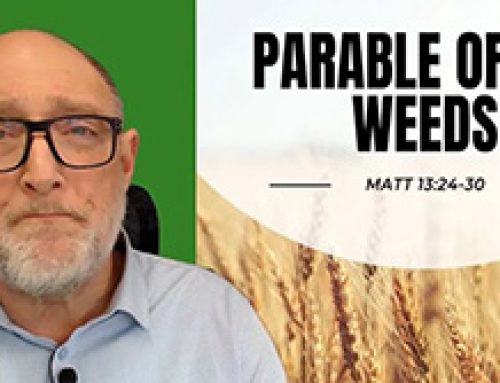
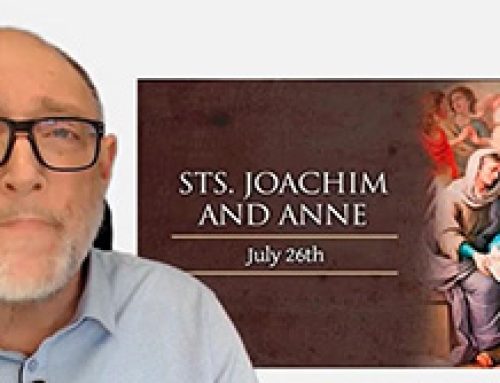
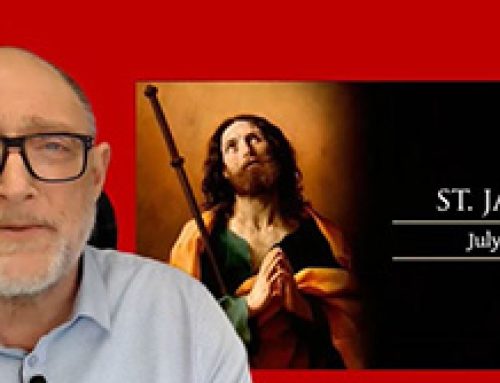
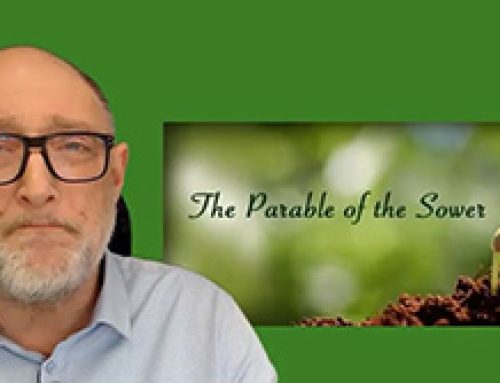
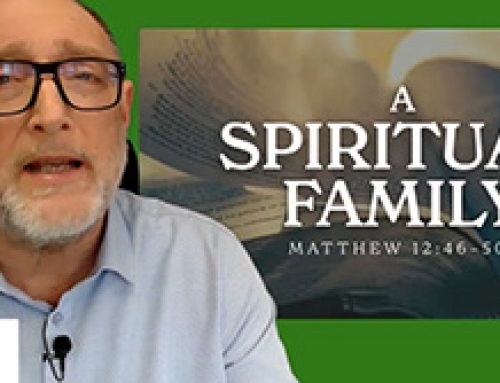
Leave A Comment